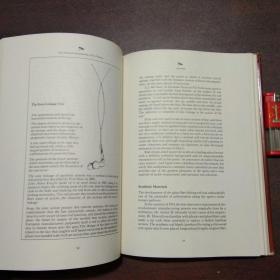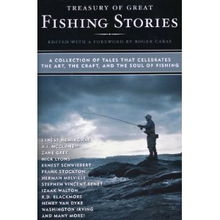Content:
Embarking on the journey of learning how to fish is an exciting endeavor that can lead to a lifetime of relaxation and enjoyment. Among the various forms of fishing, fly fishing stands out as a sport that combines precision, patience, and a deep connection with nature. If you're a beginner looking to master the art of fly fishing, here are some essential techniques and methods to get you started.
Understanding Fly Fishing Basics
Before diving into the techniques, it's crucial to understand the basics of fly fishing. Fly fishing involves using an artificial fly, which is designed to mimic insects or other aquatic creatures, to attract fish. The technique requires a different approach than traditional bait fishing, with a focus on casting, retrieving, and presenting the fly in a lifelike manner.
Choosing the Right Equipment
The first step in learning how to fish is to gather the right equipment. Here's a list of essential gear you'll need:
- Fly Rod: The rod is the most critical piece of equipment in fly fishing. It should be appropriate for the type of fishing you plan to do. For beginners, a 4- to 6-weight rod is usually a good starting point.
- Fly Reel: A fly reel is used to store the line and manage the tension during casting. A basic reel with a smooth drag system is sufficient for beginners.
- Fly Line: The line is the backbone of your setup. For beginners, a floating line is recommended as it is easier to cast and retrieve.
- Leaders and Tippets: Leaders are a length of monofilament line that connects the fly line to the fly. Tippets are the ends of the leaders that attach to the fly. The lengths and materials will depend on the fish you're targeting.
- Flies: You'll need a variety of flies to mimic different insects and prey. Start with a basic selection of dry flies, nymphs, and streamers.
Learning the Casting Technique
Casting is a fundamental skill in fly fishing. Here's a basic casting technique to get you started:
- Backcast: Start by lifting the rod tip back over your head while keeping the line tight against the rod. The arc of the backcast should be smooth and consistent.
- Forward Cast: With the rod tip still pointing towards the water, move the rod forward to launch the line. The line should follow a smooth, tight loop.
- Roll Cast: For shorter distances, use the roll cast. Begin with the line in front of you, then make a forward casting motion with the rod tip while simultaneously rolling the line with your wrist.
Presenting the Fly
Once you've mastered the casting technique, the next step is to present the fly to the fish. Here are some key points to consider:

- Match the Hatch: Identify the insects that are most prevalent in the area and select flies that mimic them.
- Retrieve the Line: The retrieve speed and pattern should match the natural movement of the insect you're imitating.
- Adjust for Conditions: Wind, water flow, and fish behavior will all influence how you present the fly. Be prepared to adjust your technique accordingly.
Understanding Fish Behavior
To be successful at fly fishing, it's important to understand the behavior of the fish you're targeting. This includes their feeding patterns, preferred water conditions, and habitats. Observing fish from a distance can provide valuable insights into their behavior.
Safety and Etiquette
Always prioritize safety and adhere to good fishing etiquette. This includes respecting private property, following local fishing regulations, and being mindful of your impact on the environment.
Practice and Patience
Like any skill, fly fishing takes practice. Spend time on the water, and don't be discouraged by initial challenges. The more you practice, the more you'll learn about the nuances of fly fishing, and the more enjoyable your experiences will become.
In conclusion, learning how to fish, especially fly fishing, is a rewarding pursuit that requires patience, practice, and a willingness to learn. By understanding the basics, mastering the casting technique, presenting the fly effectively, and respecting the sport and the environment, you'll be well on your way to becoming a proficient fly fisherman. Happy fishing!












